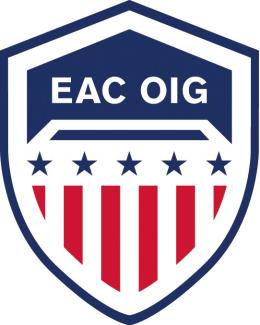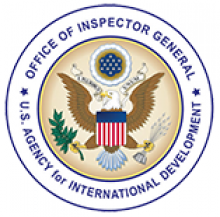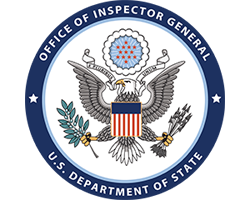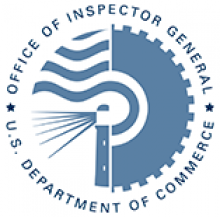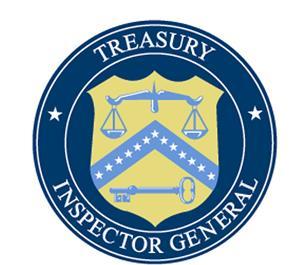The purpose of this memorandum is to notify stakeholders of the decision to cancel the EAC OIG audit of the administration of HAVA funds by the State of Minnesota.
| Report Date | Agency Reviewed / Investigated | Report Title | Type | Location | |
|---|---|---|---|---|---|
| Election Assistance Commission | Cancellation: Audit of the Administration of Help America Vote Act (HAVA) Funds by the State of Minnesota | Audit |
|
View Report | |
| U.S. Agency for International Development | Closeout Financial Audit of the Technical Capacity Building of the American University of Afghanistan Program Managed by the American University of Afghanistan, Agreement 72030621CA00001, for the period from February 01, 2021, to December 31, 2022 | Other |
|
View Report | |
| U.S. Agency for International Development | Financial Audit of Gomal Zam Dam Command Area Development Project in Pakistan, Managed by Agriculture, Livestock and Cooperatives Department, Government of Khyber Pakhtunkhwa, Grant 391-DOA-GZDCADP-001-001, July 1, 2021, to June 30, 2022 | Other |
|
View Report | |
| U.S. Agency for International Development | Closeout Audit of the Schedule of Expenditures of Territorial Development Fund of Armenia, Local Governance Reform Project in Armenia, Grant Agreement 111-IL-15-0003, January 1 to September 30, 2022 | Other |
|
View Report | |
| U.S. Agency for International Development | Financial Audit of the Schedule of Expenditures for Multiple USAID Awards in Bosnia and Herzegovina Managed by the Institute for Youth Development, January 1 to December 31, 2022 | Other |
|
View Report | |
| U.S. Agency for International Development | Single Audit of Food For The Hungry for the Year Ended September 30, 2019 | Other |
|
View Report | |
| U.S. Agency for International Development | Financial Audit of USAID Resources Managed by BAHAR Dernegi Under Program Agreement No. 720BHA21GR00132 Emergency Food Security Program in Syria for the Period from June 1, 2021 through December 31, 2021 | Other |
|
View Report | |
| Department of State | Inspection of Embassy Singapore, Singapore | Inspection / Evaluation | Agency-Wide | View Report | |
| Department of Commerce | Management Alert: Challenges Industry Stakeholders Face with Broadband Deployment | Other | Agency-Wide | View Report | |
| Department of the Treasury | Overseas Contingency Operations - Summary of Work Performed by the Department of the Treasury Related to Terrorist Financing and Anti-Money Laundering for the First Quarter Fiscal Year 2024 | Other | Agency-Wide | View Report | |


